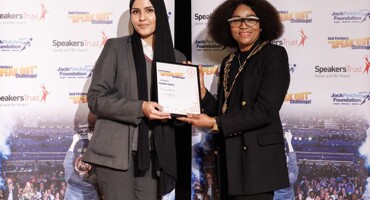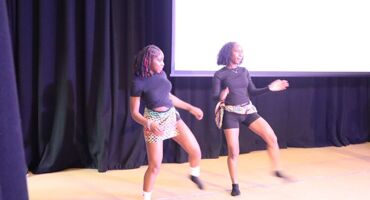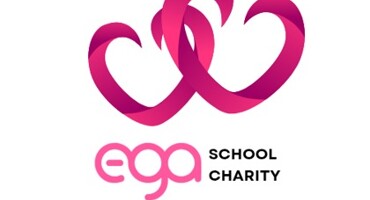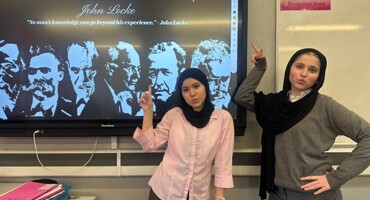 Posted on: 27/11/2025
Posted on: 27/11/2025Helping Your Child to Learn
You can really help your child by:
-
Talking to them about their day and what they have learned;
-
Encouraging a growth mindset towards their learning in all subjects – the belief that we can all improve at anything if we are willing to be challenged, put in the effort, take on board feedback, use helpful strategies and practise;
- Asking them to show you their Google Classrooms and online programmes so you can check what homework has been set
-
Helping your child to organise their work and checking that deadlines are met;
-
Developing their independence through encouraging her responsibility for private study;
-
Encouraging your child to ask for help from the teacher when it is needed;
-
Encouraging your child to use the library and attend additional classes and activities.
- You can also support your child by signing up to be a Google Classroom Guardian which will allow you to receive summaries of the home learning that they have been set across the week to complete
Equipment
You can help your child learn by making sure they are properly organised for the school day. Your child must have a sensible bag and the following equipment:
- EGA School Chromebook
-
Pencil case;
-
Black or dark blue pens;
-
Pencils;
-
Eraser;
-
Sharpener;
-
Ruler;
-
Diary;
-
Scientific Calculator;
-
Protractor;
-
Compass;
-
Highlighter;
-
PE/dance kit (on required days);
It is helpful to have:
-
A glue stick;
-
Coloured pens/pencils.
Reading
Learning vocabulary
Your child will often be asked to learn the meaning and spelling of words. This is best done by:
-
Repeating the word several times;
-
Checking the meaning, using a dictionary if needed;
-
Copying out the words at least three times;
-
Spelling the words out aloud;
-
Being tested by you;
-
Testing herself, e.g. using flashcards;
-
Using the word within a sentence;
-
Regularly returning to vocabulary to check whether they have actually transferred it into their long term memory.
Learning from feedback
Teachers use many forms of feedback that to support learning, additional to written marking. When you are looking in your child's books, corrections, green / red pen, marking codes, feedback notes, redrafted work, etc. are all evidence of feedback that has been given by teachers.
The most helpful thing you can do is to support your child in forming good habits with regards to feedback. This means:
-
Improving their willingness to give important feedback to their teachers. This means always answering questions and sharing their thoughts (whether they are sure of their answer or not) and being open about sharing their work (not hiding it);
-
Improving their willingness / ability to listen to, remember and promptly act on feedback from their teachers, rather than ignoring it or becoming defensive.
Here are some relevant questions you could ask your child to improve the way they seek out and uses feedback to improve their learning and progress:
-
What has your teacher told you that you need to do?
-
What have you done with this information so far? What else could you do?
-
Why haven’t you acted on this feedback that your teacher gave you? Why have you not answered this question or corrected this answer?
-
What do you need to ask your teacher to understand how to use this feedback?
-
How do you feel when your teacher gives you constructive feedback on your work? What do you understand about why they might be doing this?






